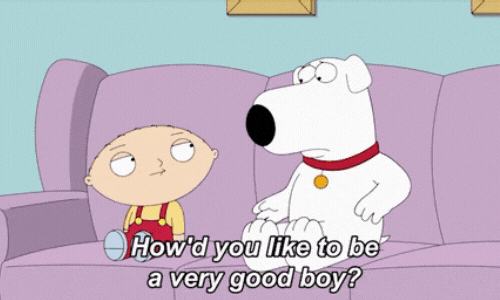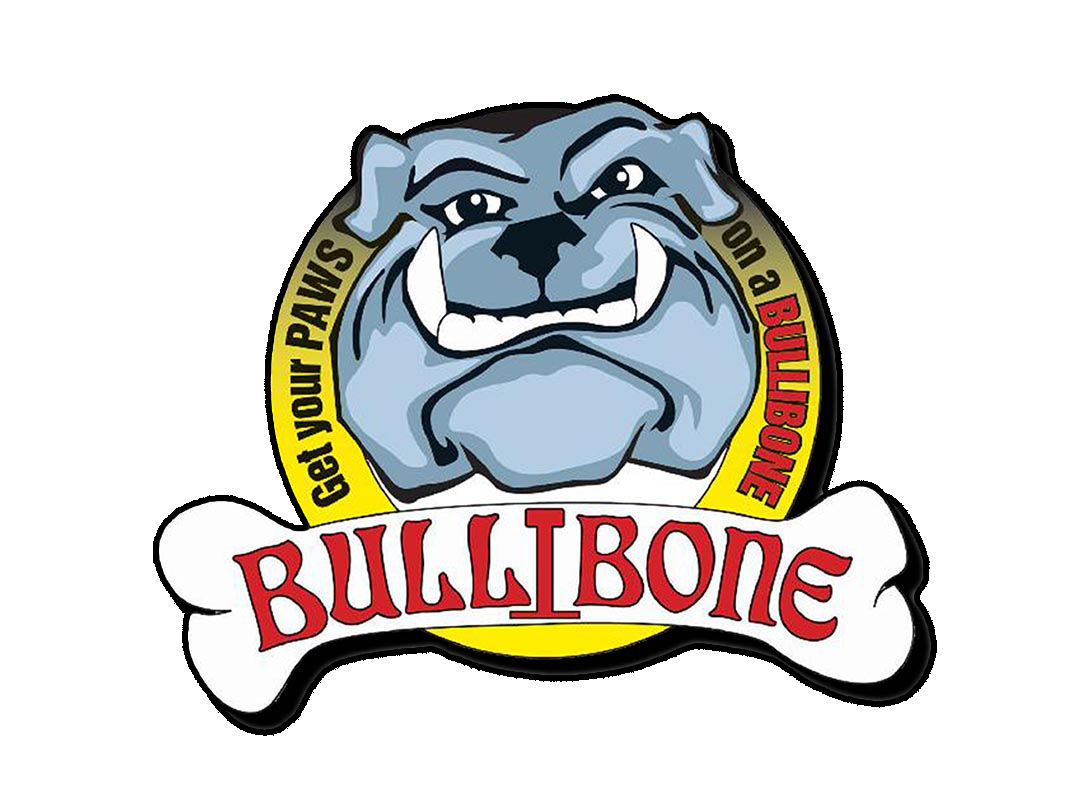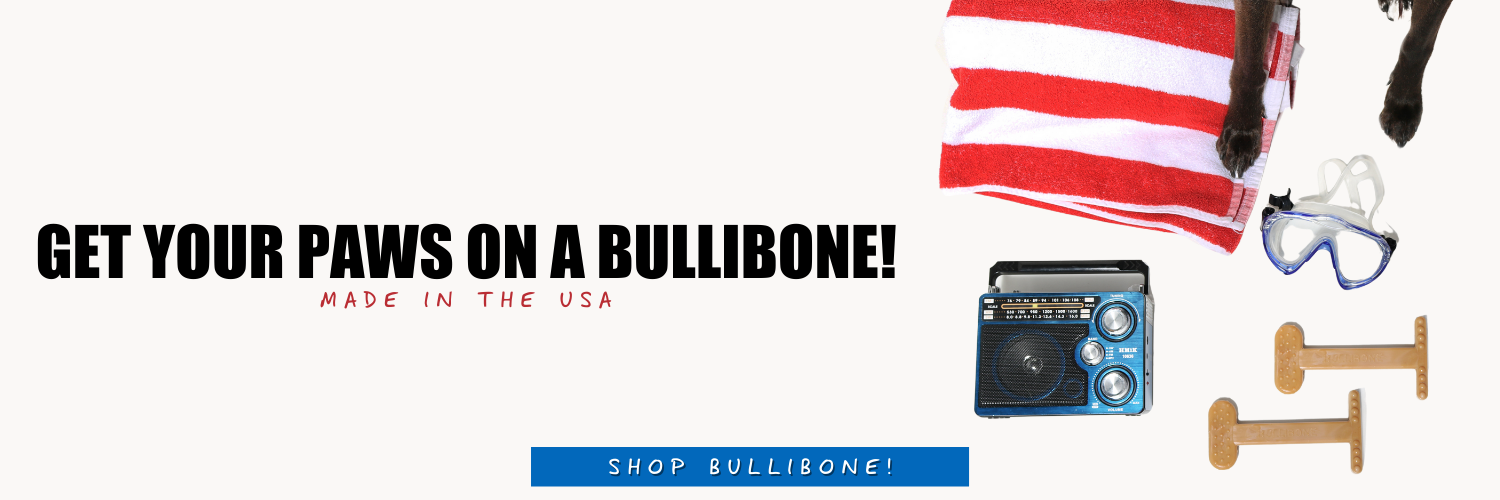Humans are emotional creatures, and we tend to assign that same human emotion to our pets. We know the difference between a good and a bad person and what behaviors lead to negative or positive reinforcement, but is the concept of dog behavior the same? When our dog is in trouble and we scold them, they look appropriately guilty and remorseful. When they demonstrate good behavior, they are happy and sometimes we believe they’re smiling or showing some other facial expression. But do those responses truly mean that our dogs behavior is occurring because our pup understands these choices in a moral sense? Do dogs know right from wrong and truly feel guilt when they’re demonstrating unwanted behavior? According to science, the answer to that is no.

When it comes to your dog’s reactions to you catching them in the act of bad behavior, what your dog is reacting to is you, not a moral compass. It’s a much less complex concept. Your tone and your body language let them know you’re not happy. And if you’re not happy, they want to fix it. Your mood and the affection you show them is far more of a compass for their behavior than any ideas of right and wrong.
The behaviors they get a reward for are the ones that become learned behavior. Putting an ethical spin on it adds an unnecessary complication to a pretty easy equation for them. So as much as we like to add another layer to our dogs’ personalities, a deep emotional idea of the concept of right and wrong is probably not a useful one. Our pets love us, and keeping us happy is their goal.

